The power of WeARTolerance in combatting youth mental health stigma
Published in Biomedical Research, Behavioural Sciences & Psychology, and Education

Mental Health Awareness Week 2024 (May 13 to 19th) highlights the crucial connection between physical movement and mental well-being by encouraging people in the UK to move more to support their mental health. Interestingly, this concept extends beyond individual practices to theatre where physical movement is a necessary part of a show that greatly enhances the overall experience for both performers and audience members alike.
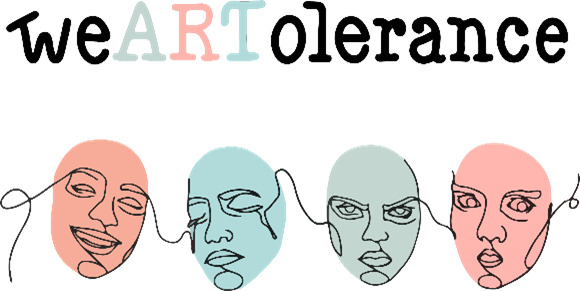
Addressing mental health stigma remains a critical challenge globally, with barriers often impeding individuals from seeking support and achieving optimal well-being. Here, Prof Beato presents the mixed-methods WeARTolerance study to evaluate the impact of an arts-based program on reducing mental-health-related stigma among teenagers and young adults in Portugal. The study funded by "La Caixa" Foundation was designed by a team of experts in mental health and stigma in conjunction with professional artists.
Invisible Battles: Why it is essential to fight against Mental Health Stigma?
According to the Country Health Profile, it is estimated that, in 2019, mental health problems affected more than 2.25 million people in Portugal, which corresponds to 22% of the Portuguese population and exceeds the 16.7% estimated for the European Union. Adolescence holds particular significance as a developmental phase marked by the emergence of mental health problems and limited knowledge on the subject. Within this context, findings from the Health Behaviour in School-aged Children (HBSC) study 2021/22 indicate a concerning decline in the mental health and well-being of Portuguese teenagers, as well as increased rates of unhappiness, self-harm, and psychological and physical symptoms.
Beyond the challenges of mental health symptoms and their implications, people also face the additional burden of mental-health-related stigma due to misconceptions and lack of knowledge regarding mental health. Stigma encompasses a detrimental attitude towards people with mental health problems, comprising three key elements: stereotypes, involving negative perceptions about mental health problems; prejudice, involving cognitive and emotional responses towards those affected; and discrimination, involving negative behavioural responses.
Mental-health-related stigma remains a significant barrier to help-seeking and well-being in youth populations, which can lead to poor social, physical, and work-related outcomes in adulthood. For this reason, teenagers emerge as a pivotal target population for implementing interventions aimed at increasing mental health literacy and mitigating mental-health-related stigma.
Colouring Outside the Lines: Can Arts-based Interventions Reduce Mental Health Stigma?
Recent studies have shown that interventions that combine psychoeducation with arts-based interventions are a promising avenue to address stigma and improve knowledge, attitudes and behaviours related to mental health. However, comprehensive longitudinal studies in community settings are still limited. Therefore, this research evaluates the WeARTolerance arts-based program in reducing mental-health-related stigma. The program targets teenagers and young adults between 12 and 24 years old. It consists of 12 sessions conducted over four sequential full days, including psychoeducational sessions led by the psychology team and art sessions (i.e., visual arts, cinema, music, theatre) led by the arts team.
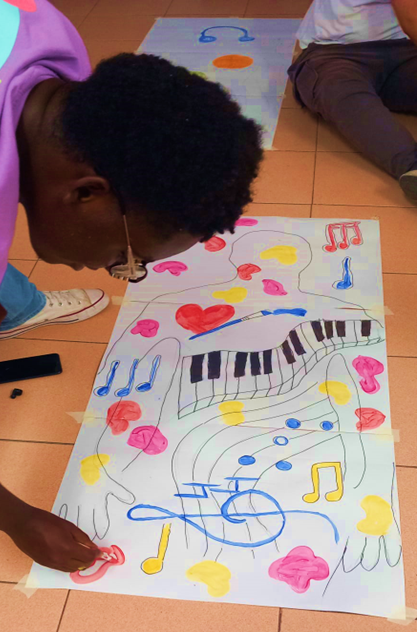 WeARTolerance: What does the program aim for?
WeARTolerance: What does the program aim for?
The program aimed at young populations provides an opportunity to prevent and mitigate stigma in future generations through increasing health literacy, promoting direct contact with people with mental health problems and reducing stigmatising attitudes. This study constitutes a relevant contribution to the future implementation of the WeARTolerance program, the investment in resources and early intervention strategies, the development of multidisciplinary collaborations, and the awareness regarding the importance of mental health.
How did we measure the impact of the intervention?
The program evaluation used a mixed-method study divided into two phases: (1) quantitative evaluation regarding the program's effects on knowledge about mental health, social stigma, intergroup anxiety and social distance, and (2) qualitative evaluation regarding participants' perspectives and satisfaction with the program. After recruitment, participants were randomly assigned to one of eight smaller groups (i.e., four intervention groups and four control groups). The intervention groups participated in the 12 sessions of the program. Questionnaires were administered to all participants, both in the control groups and the intervention groups, at three time points: the week before the intervention program (T1: Baseline), the week after the program (T2: post-intervention), and six months after the program (T3: Follow-up). Additionally, some intervention group participants agreed to participate in focus groups to collect qualitative data regarding the program.
What will be the next steps?
The team is dedicated to the scientific dissemination of the program's results through articles, social media and events. The program's Toolkit is being prepared for posterior access. Furthermore, artists' outputs are being prepared, such as documentaries and a theatre show with several participants from the program. For more information, visit our website: Home - WeARTolerance (ulusofona.pt) and follow us on Instagram: Projeto WeARTolerance (@we.art.olerance) • fotos e vídeos do Instagram
Follow the Topic
-
ISRCTN: The UK’s Clinical Study Registry

A primary clinical trial registry recognised by WHO and ICMJE that accepts studies involving human subjects or populations with outcome measures assessing effects on human health and well-being, including studies in healthcare, social care, education, workplace safety and economic development.



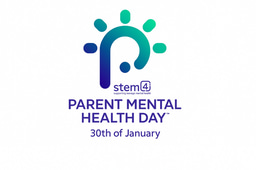
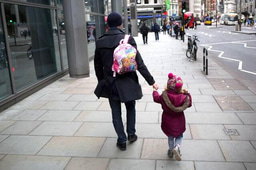
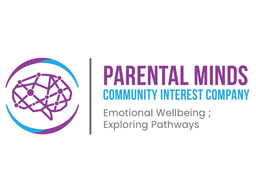
Please sign in or register for FREE
If you are a registered user on Research Communities by Springer Nature, please sign in